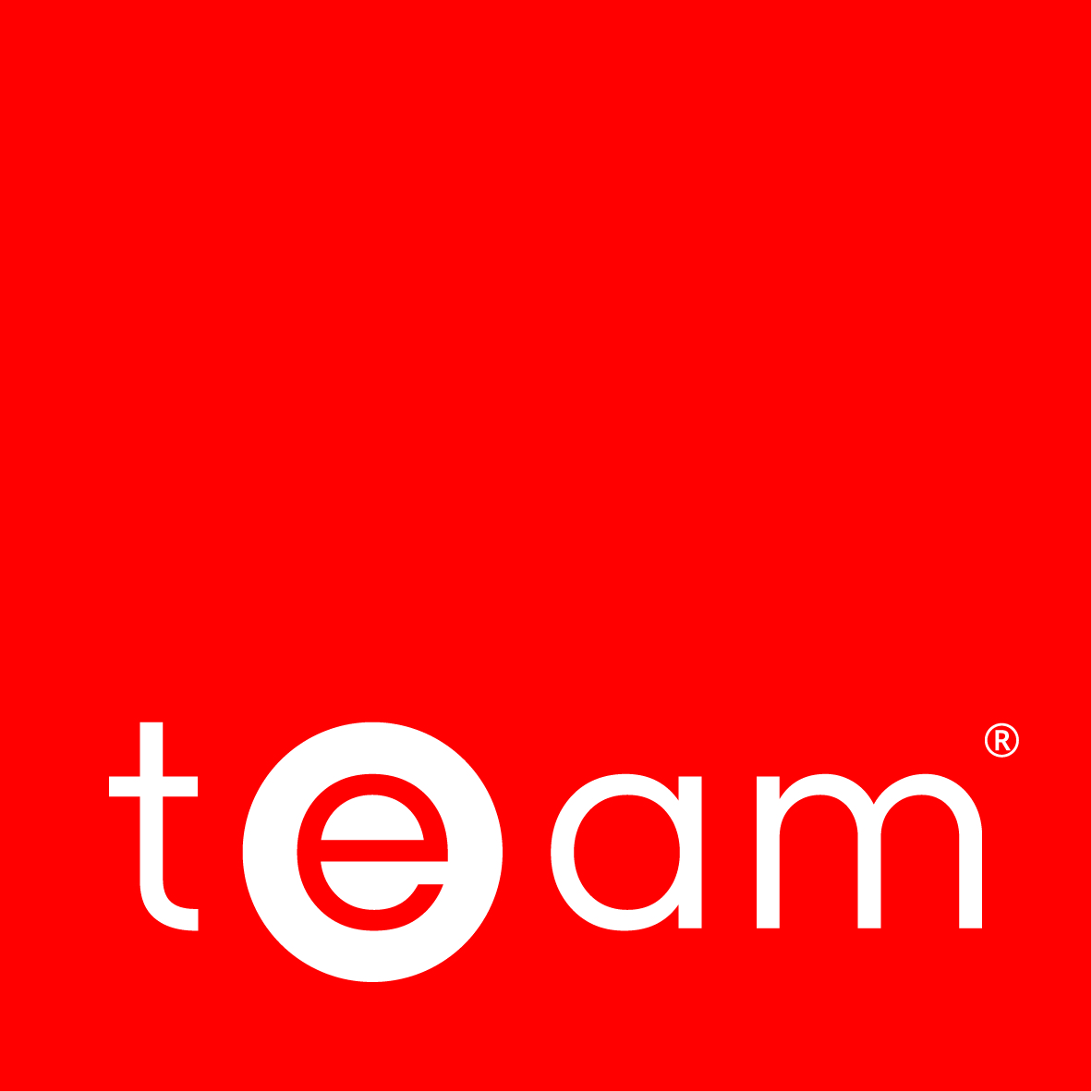Understanding and reporting Scope 3 emissions
In recent years, organisations have been encouraged to reduce their carbon emissions and plan to become net zero. These pressures not only come from customers, employees, key stakeholders and governments but from other organisations too.
Supply chain, or Scope 3, emissions, account for a large proportion of overall emissions for an organisation. They have a considerable impact on the network of other businesses, facilities and activities involved in developing, manufacturing and delivering a product or service.
Tackling Scope 3 emissions and building a supply chain carbon reduction strategy presents an additional layer of complexity as it requires third parties to report on and share their own Scope 1 and 2 emissions. The multitude of sources, inconsistency in data and the absence of reporting from either upstream or downstream partners can create a snowball effect in your own carbon reporting. Click here for a full breakdown and explanation of your Scope 1, 2 and 2 emissions.
Supply Chain Decarbonisation
The Climate Change Committee has said there is insufficient progress and limited policies and plans associated with how supply chain risks are identified and managed.
However, supply chain decarbonisation is crucial when it comes to corporate climate action and reaching the national net zero targets.
So, how can companies start to make a difference in areas of business beyond their direct control?
Information and collaboration is key. Transparent reporting and working collaboratively with customers, supply networks and industry groups helps to gain a clear understanding of your supply chain emissions.
Scope 3 Reporting
There are increasing demands on businesses to report on Scope 3 emissions as standard in addition to Scopes 1 and 2. Putting a robust framework in place to manage the ongoing capture, tracking and reporting of these emissions is key, helping it become business as usual rather than a burden.
How TEAM can help
Our Net Zero and Carbon Reduction Consultancy services help organisations to define, shape and monitor a carbon emissions strategy designed around their operational needs and challenges.
Our experienced carbon reduction consultants work with organisations across a range of industries to create and support the delivery of bespoke carbon reduction and net zero strategy plans.
Tailored services for your organisation
What are the benefits of supply chain emissions reduction?
- Identify peaks in emissions in your organisation and supply chain
- Better understand your organisation’s carbon emissions and opportunities to reduce them
- Ensure reporting is in line with acceptable industry practices and regulatory requirements
- Make operational cost savings through understanding your energy use
- Improve purchasing strategies and collaborate with suppliers to ensure supply chain resilience
- Differentiate your organisation from competitors by demonstrating best practice in carbon reduction and energy efficiency
- Demonstrate improved performance year on year by establishing ongoing monitoring of GHG emissions
- Build your organisation into a leader of sustainability, and become a more attractive investment to customers, stakeholders, and future employee talent
- Fulfil your customers’ requirements in proving your sustainability credentials
- Elevate your organisation’s reputation through your contribution to achieving zero carbon emissions, positive environmental change and investment in future generations
- Contribute to reducing environmental pollution, supporting the UK Government’s Net Zero 2050 target.
Meet our net zero experts
Our in-house, professional, energy consultants are the independent experts behind our net zero, emissions reporting and decarbonisation services. Each consultant has the breadth of skills, cross departmental expertise and sector experience to support your Scope 3 carbon reduction strategy.
Not sure where to start?
Speak to a consultant on 01908 041543 to find out how we can help you start your Scope 3 reporting journey
